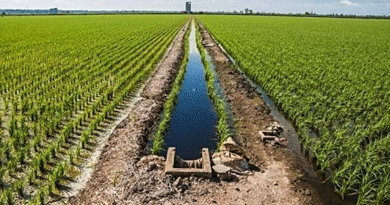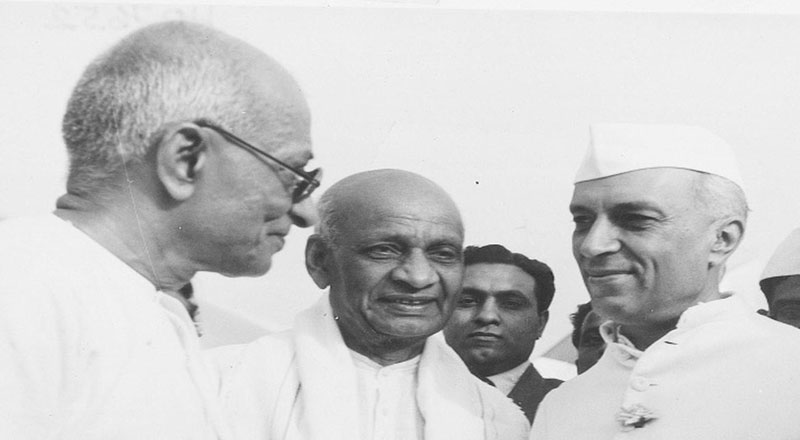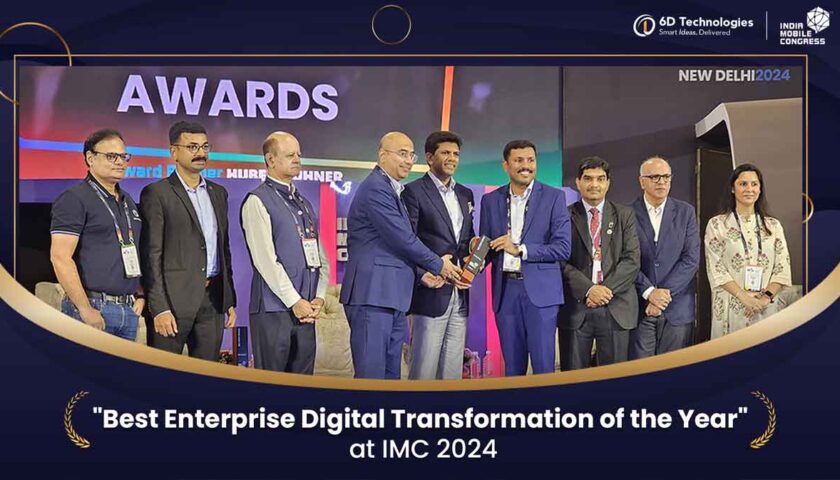Technology, in recent times has become the major dynamic force for increasing agricultural production and promoting agricultural development in all countries around the globe. Agriculture is becoming more integrated with the global market.
The developing economies like India face new agricultural challenges.There is a lot of thrust to produce agricultural products of high quality. India being an agrarian country has pressure to meet the growing demands for food, domestically while simultaneously earning through international trade. At the same time, another facet with which it has to deal with is that it must meet the sustainability goals in the context of the on-going agricultural policy reform and trade liberalisation.
Today, farmers, advisors and policy makers must deal with complex choices. They must choose between a wide range of technologies. Farmers look up to technology to reduce their cost of production, and thus increase productivity. In early 2000’s technology was focused towards increasing productivity.Today technology helps in achieving the agricultural goalsin a sustainable way.
Research & development of technology these days provides ‘problem based solutions’ to the farmers. Some examples of technological advancements in the field of agriculture are biological pest control, biotechnology, information technology, bioremediation, precision farming, integrated and organic farming systems. These have helped farmers to take the right decisions over major farm subjects required while cultivating the produce.
Software and mobile devices have helped farmers get better agricultural output. Like ordinary people, farmers can start using mobile devices, which will allow them to stay connected to co-farmers and professionals while workingon their fields and farms. This also means they can now have access to the data they need during agriculture farming. Some of the examples include- the ability to place orders for seeds at any time or in any place. They can also know which fertilizer is best for their produce and where to purchase it from etc.
Big data is helping the farmer in carrying out their operations in a more planned way. Farmers make decisions based on the information they have with them.Data has equipped them with the power of information to make better-informed decisions that allow them to use resources more sustainably. Farmers are taking help of e-mandis to sell their agricultural produce. These e-mandis have helped farmers from small villages to connect to the biggest markets all over the country.Plant disease forecasting is helping the farmer these days to make economic decisions and also about disease treatments for controlling pests. Soil testing is another technology which is helping farmers to analyse soil fertility levels and helpingthe farmer to monitor the stages of land degradation.
My farm info from Weather Risk Management Services is one such digital platform that has been developed to bring together plant health monitoring , soil monitoring , crop insurance and other farm services which give the farmer a better knowledge of their fields. These tools allow farmers to plan for better harvests and make decisions that are better for their cultivation.
Apart from these, technology’s greatest advantage is in providing the farmer with a safe and transparent power to secure their income and lives thereafter. Technology shields the farmer from erratic and adverse weather vagaries, from closed market economics, while empowering him to take bold decisions for future development. More power to the hand of the farmer!





